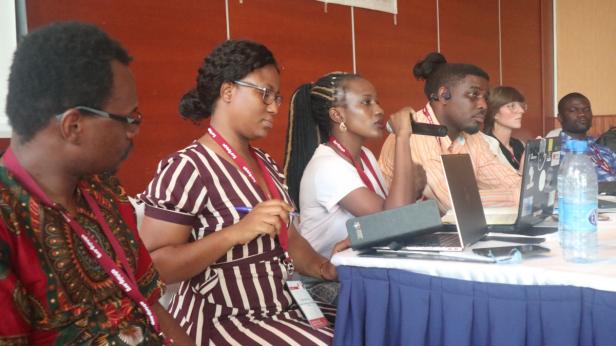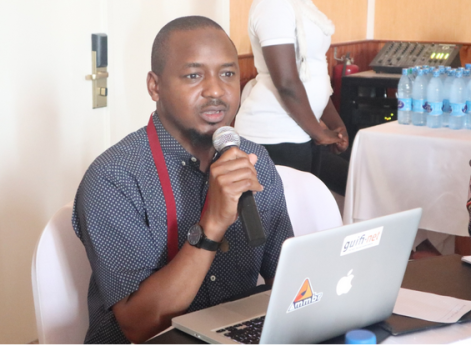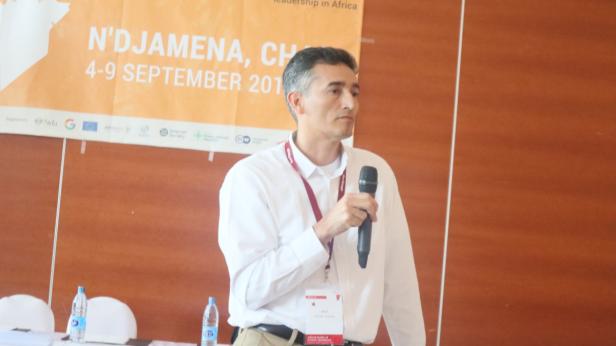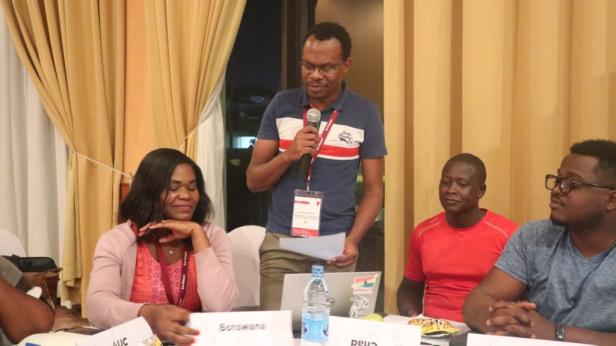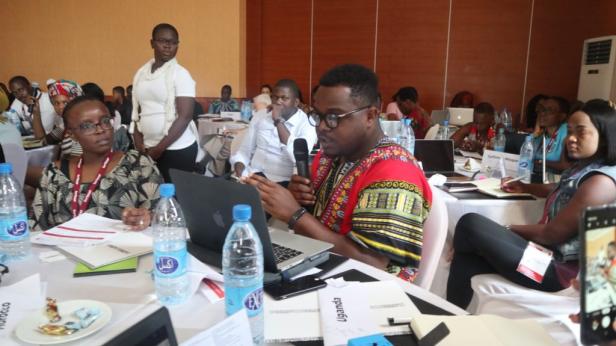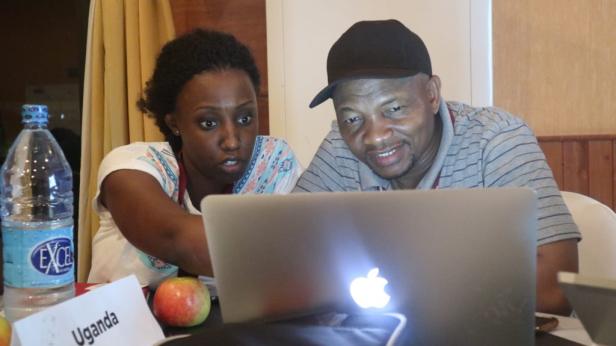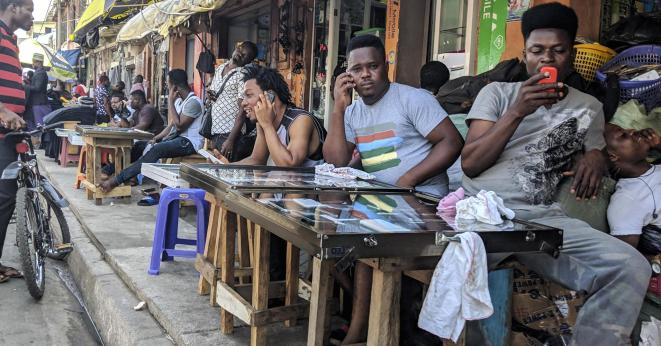I was really excited about my selection to participate in the 7th edition of the African School of Internet Governance which took place in the city of N’Djamena, Chad. The school hosted a diverse group of people from the African continent and outside the continent. The five-day training introduced fellows to a wide range of topics and discussions in the internet governance space. Not forgetting the Practicum, which is a practical adaption of multistakeholder discussion and dialogue on a salient issue. This year, fellows worked with the report of the UN Secretary General’s High-Level Panel… Read more
Blog
The African School on Internet Governance (AFRISIG) 2019 ran for six days in N’Djamena, Chad. It is a yearly event that brings together people from across the continent to promote and strengthen active multistakeholder participation in internet governance in the African continent.
As a technical person, I found the week-long school essential to having a good understanding of the governance side of the internet, which is different from running networks or conducting research on them. Topics related to digital rights, affordable internet access, internet history in Africa,… Read more
Participar en la Escuela de Gobernanza de Internet de Africa (AfriSIG, por su sigla en inglés) significó para mí varios descubrimientos: que existiera una institución que durante siete años estuviera enseñando de manera organizada este tema complejo, fue la primera lección.
Lo que conocía de gobernanza de internet se debía a la asistencia a varios foros globales, regionales y nacionales sobre el tema. Contar con la posibilidad de aprender los muchos temas de una manera ordenada y coherente le da mucho más sentido a aprovechar aún más estos foros en los que las… Read more
The seventh edition of the African School of Internet Governance has come and gone. I am grateful to the Association for Progressive Communications (APC) and Deutsche Welle for the joint support that made my participation at this year’s edition of the School possible.
During the five-day event, various faculty members discussed the internet through different lenses, leading to a more holistic understanding of internet governance.
The one theme that stuck with me, however, was the role that African governments play in the shaping of global internet governance standards,… Read more
The seventh African School on Internet Governance (AfriSIG 2019) took place on 3-9 September 2019. With a track record of producing unique cohorts of internet governance specialists for the continent and beyond, it sets itself apart by building synergies and interpersonal professional relationships that transcend beyond borders and limitations.
As is a tradition for the School, it comes up with a post-event recommendation or solution to a nagging challenge, particularly towards solving internet governance challenges, through a rigorous practicum. This year’s practicum was based on… Read more
To say I was excited when I received the good news of my acceptance to the seventh edition of the African School on Internet Governance (AfriSIG) would be an understatement. I was really over the moon, as I had tried and had not been so lucky the previous year. Having interacted with colleagues who had attended the school in the previous years and who had gone on to do great and inspiring work within the internet governance sphere, I was determined to give it a second shot when the call came out again this year.
AfriSIG19 has been such an empowering and cutting-edge capacity… Read more
Africa this year commemorated “Women’s Month”, as March is known in a number of countries, faced with the reality of a highly gendered digital divide. That such a situation seems set to persist serves as a reminder of the need for a coordinated strategy in ensuring the inclusion of women and girls in the continent’s digital transformation.
Despite having the highest growth in internet penetration across the globe, Africa remains the only continent whose digital gender gap has widened since 2013.… Read more
Africa continues to work towards addressing the internet access and use divide. However, we now need to find a seat at the table of emerging data-driven solutions. These technologies offer the potential to make life easier and improve decision-making. Specifically, Artificial Intelligence (AI) seems to hold the promise of positively impacting education, enhancing financial services, bettering government service… Read more
The World Summit on the Information Society (WSIS) defines internet governance as the development and application by governments, the private sector and civil society of shared principles, norms, rules, decision-making procedures and programmes that shape the evolution and use of the internet.1 The internet is a network of autonomous networks of computing devices, which share the same core protocols enabling them to interoperate regardless of the endpoint applications and devices.2
Governance, most simply defined, is a form of control to ensure organisations, communities or societies… Read more
Negative.
That’s the ultimate effect in one word!
Social media taxes are taxes charged for the use of social media platforms. We have seen their implementation in a few African countries, including Uganda ($0.05 per day), Tanzania ($0.05) and, for a brief time, Benin. Similar taxes have also been proposed in Zambia ($0.03). The motivations behind this policy are multiple and layered; some governments are attempting to silence their opposition and those who support them, while others are using this tax as a way to make money.
What does this do… Read more

